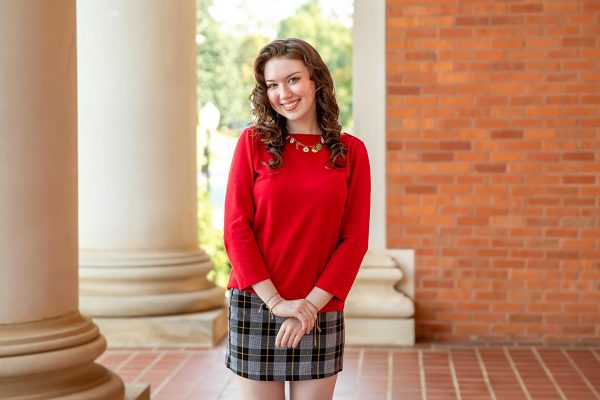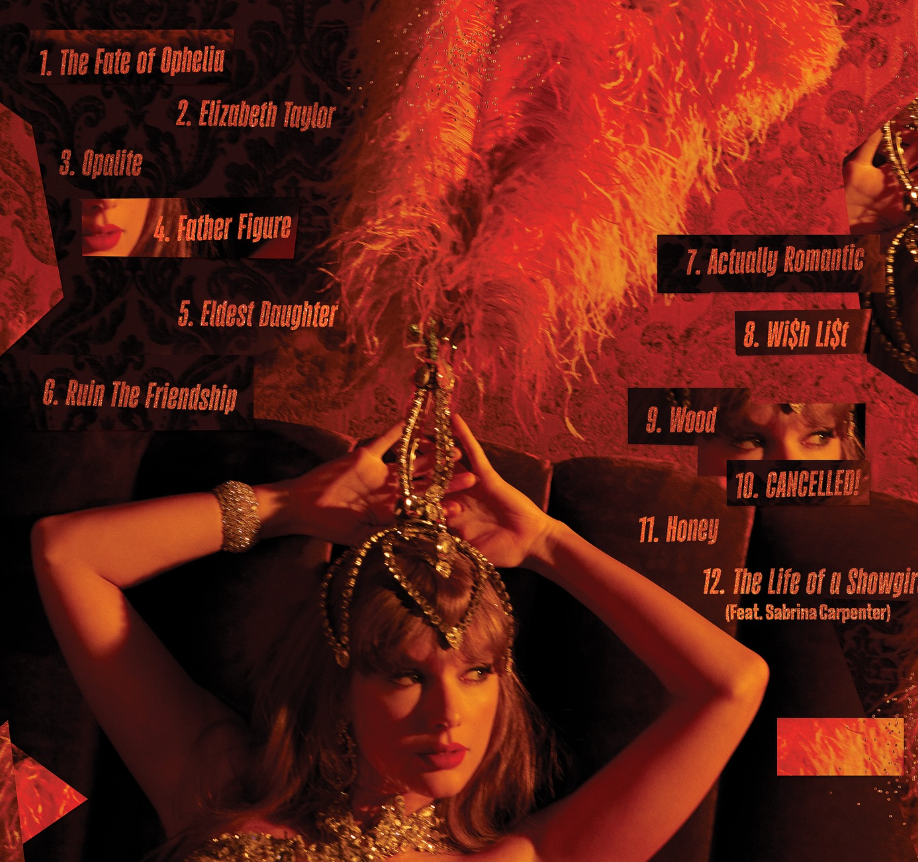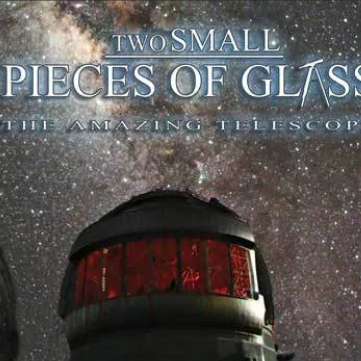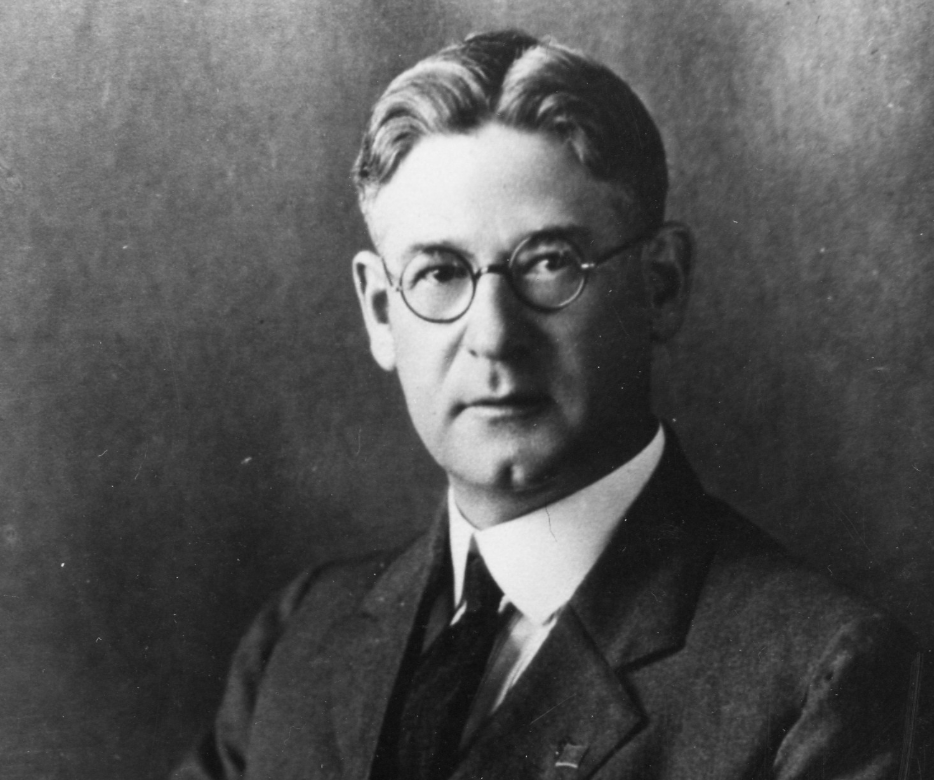Becoming an author is not without its hardships. However, finding a passionate community determined to encourage aspiring authors is exactly what college writers seek.
This type of community is more present and inspiring than ever at the annual Clemson Literary Festival, where hearing the helpful words of an established author present themselves and their work may be the very push a student writer needs to continue pursuing their dreams.
Setting up this welcoming festival environment for well-known authors to participate in has been an extensive undertaking by the Clemson University English Department.
What started as a small celebration of literature, confined solely to the department, has expanded to a student-led initiative that fosters community among students, faculty and alumni. The current version of the Clemson Literary Festival provides hands-on experience and teamwork for student leaders and now involves various University offices.
Initially created by Wayne Chapman and Keith Morris, the Clemson Literary Festival originally utilized faculty to set up writing workshops and secure author headliners. As interest in the festival grew, the planning committee hired interns to take over organization tactics. The current planning staff heavily delegates duties to a two-semester course credit class that humanities students can take with the knowledge that they will become student directors of the festival.
John Pursley, the instructor of the festival development class, is pleased with the shift to a more student-forward approach.
“It’s gone from something that was strictly put on by the department to something that’s put on by the students. So it’s really moved from professor to student-run,” Pursley told The Tiger in an interview.
Throughout the fall semester, the class focuses on choosing headliners for the festival. The students and other members of the department have a large say in which candidates are chosen. At the end of the semester, the students and faculty put together a list of about 50 authors, then narrow it down to 10 by collectively voting.
Investing in a variety of voices from across the country allows for unique perspectives to make their way onto Clemson’s campus. The department ensures the list of authors is inclusive and diverse in viewpoint and writing style.
Banding together to arrange this chain of events leaves students with a newfound sense of collaboration, as well as administrative skills to coordinate large-scale events, such as this festival.
“It’s a really unique experience,” Pursley said. “I also think, because it is like a team in a way, the students really create a unique bond, not only with each other but also, by the end of the festival, with a lot of other English faculty members”
For Katie Britton, an English and anthropology major in the festival planning class, stepping out of her comfort zone was necessary for her role in redesigning the website for the literary festival.
“I had no coding experience,” Britton told The Tiger. “It was very simple, just kind of clicking on what I wanted, and everything was set up already, so I could just go based on the past year’s websites. They also trained me on how to update everything for what I would need.”
Although the class was inherently collaborative, each student was assigned to direct a different aspect of the preparation stage. Britton led the coordination of ordering festival posters, while processes like designing and distributing the posters were tasked to other students in the class.
“With the posters, we had one student, Jane, who kind of took over the design of it,” Britton said. “She worked with me and then another student, Nathan, who ordered all of the T-shirts. He worked with her to get it designed and printed on the T-shirts. So we would also all work together, but we all had our own little assignments.”
While each student was given their own area to supervise, Pursley gave the final guidelines.
“John Pursley would oversee our selections,” Britton explained. “People would volunteer to do stuff, but he would say, ‘We need someone to call in the reservations, order the posters, update the social media etc.’ He had a list of stuff for us to do, and then we would just go do it. It was really collaborative.”
The passage of the Clemson Literary Festival’s development has endured a variety of changes, from how the headliners are chosen to making the festival development student-run rather than faculty-focused. Overall, the festival has never strayed from the goal of allowing those passionate about literature and writing to grow in their knowledge and techniques as a collective network.
“All of the events are free and open to everyone,” Britton said. “It’s really just to get involved with English literature and to involve not only students but also the entire Clemson community.”
The 18th annual Clemson Literary Festival is taking place from April 2-4. See the website for more information. https://www.clemson.edu/cah/sites/literary-festival/










